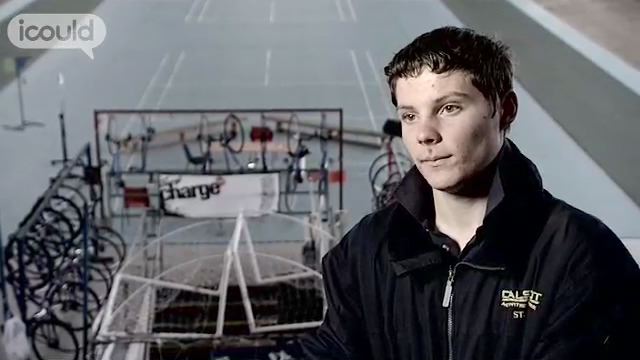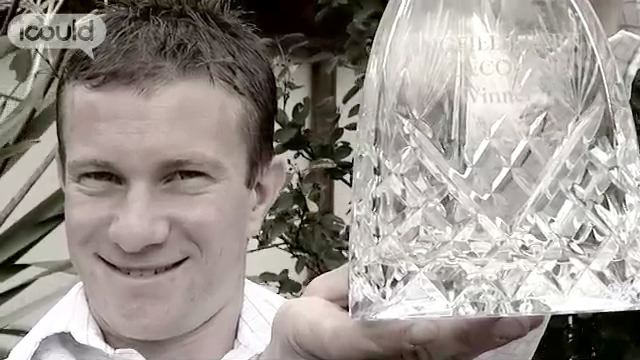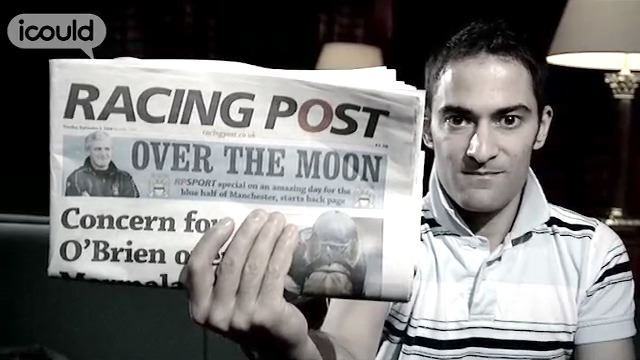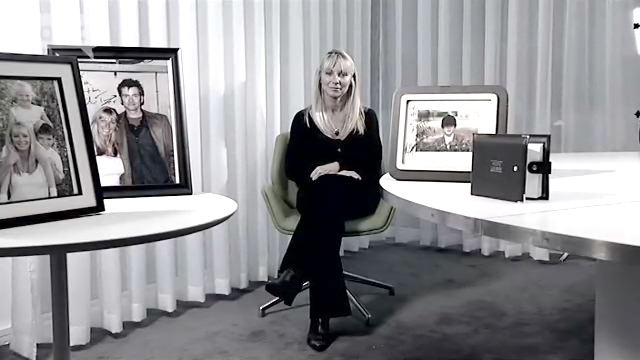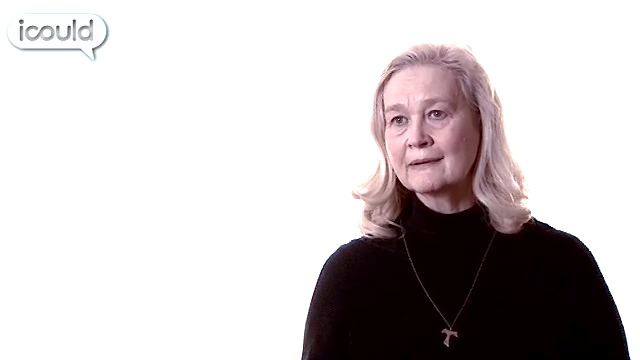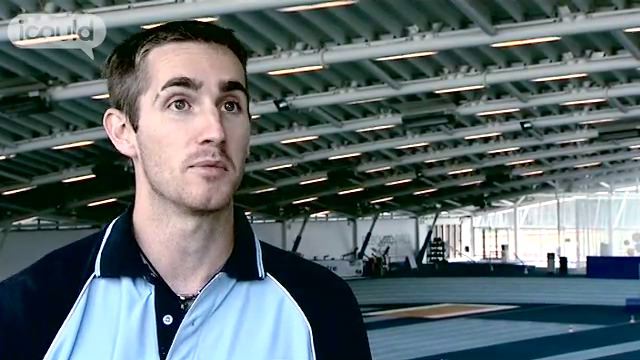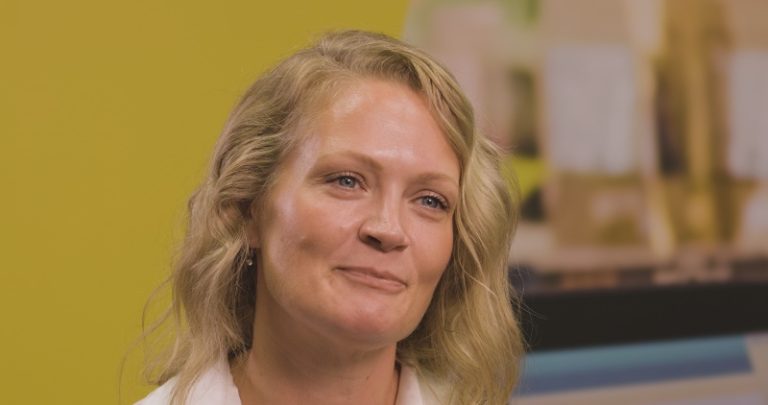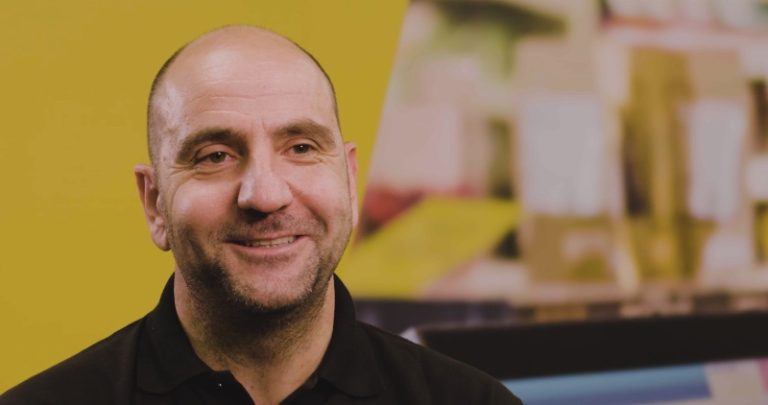Jockey's Agent
British Racing School
Shashi R
00:00:03 My name is Shashi R and I’m a Jockey’s Agent. Jockey’s Agent involves booking rides for jockeys, selecting the horses that they ride in races, and just looking after their day to day lives. Every ride that I get my jockey on a horse, I get paid ten percent of his riding fee, so the more rides I get him, the more ten percent commissions I get. I also get ten percent of his winning percentage as well. So when he rides a winner, I get the percentage of his prize money, which is good.
00:01:20 I always wanted to be a jockey when I was at school, that was what I wanted to be from the start, and I progressed and did what I wanted to do, which was be a jockey. It was successful, I rode for eleven years, I had about two and a half thousand rides and only – I rode 85 winners, which percentage-wise I didn’t have a high number of winners, but had lots of rides and I made a living at it. But I was never going to be a Champion, so I had to make a decision, and the decision was to become an agent, because I wasn’t ever going to make enough money to be a top jockey which, you know, which I wanted to be. Being a jockey and having an agent always interested me, and as I grew towards the time I was going to retire, I started to really look into it and do a bit of research on it. And I thought that that was going to be the best way forward for me.
00:01:32 My first year of being a Jockey’s Agent, I took on jockey called Micky Fenton, who was lucky enough to get on a horse and win the 1000 Guineas, probably one of the best races in the world. And we were lucky to win it, and that really was a big turning point in my career, and you know I’ll never forget it, it’s probably one of the best days of my life. Winning the Guineas just gave me lots of confidence, you know, trainers would talk to me, and they knew that I looked after Micky Fenton, who was a classic winning jockey. And just it helped my whole day to day work and career really. It was a great – it was a great boost to me.
00:02:12 If someone was wanting to do this, I’d say to them go – go for it, it’s a really good career. It’s hard work and it’s high pressure, you have to deliver, you know, there’s deadlines, and jockeys expect you to be working for them hundred percent, and you have to get them on the better horses, and on the winners. If you haven’t been a jockey before it wouldn’t – it wouldn’t stop you, you just have to probably do more research into – into jockeys and a jockey’s life. But it’s not essential, there are four or five top Agents who have never sat on horses in their lives, and they’re very good Agents. So it’s definitely not essential.
00:02:54 I love it yeah, it’s great, I really enjoy what I do, it’s a great job, I probably enjoy this more than actually when I was riding as a jockey. I think I’m probably more successful as an Agent, and I’ve really sort of found my niche and it’s a great life, yeah. Just really that I want to be remembered for being a good Agent, and someone who was good at their job and that’s – and as long as my jockeys remember me for that, then I’m happy.
00:03:24 ENDS
Shashi R is a Jockey’s Agent. He was a fairly successful jockey for eleven years, but realised he was never going to ba a champion. So he did a bit of research and decided to become an agent. “My first year of being a Jockey’s Agent, I took on a jockey called Micky Fenton, who was lucky enough to get on a horse and win the 1000 Guineas, probably one of the best races in the world. And we were lucky to win it, and that really was a big turning point in my career, and you know I’ll never forget it, it’s probably one of the best days of my life.” That gave him a lot of confidence. He now feels he enjoys being an agent even more than he enjoyed being a jockey.
